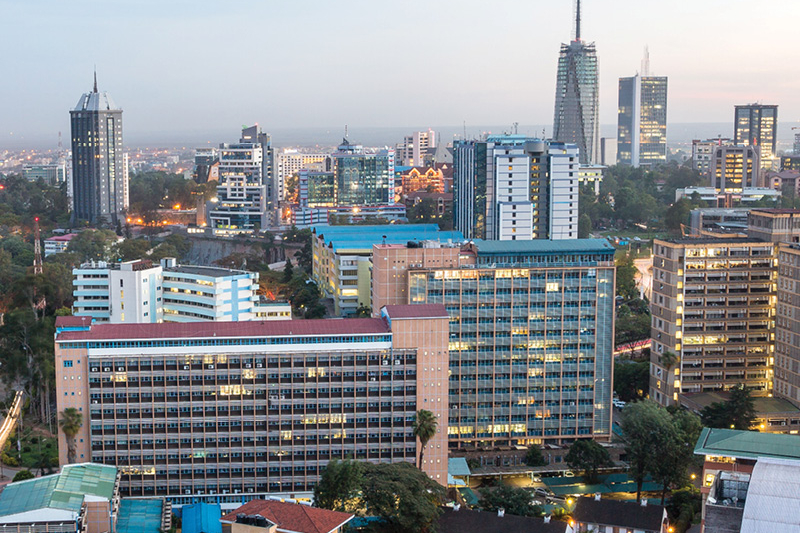Privatization trends in Angola
The current impact of privatization on the development and diversification of Angola's infrastructure.

By Mukund Dhar, Africa Interest Group Leader
As we publish this report in September 2020, amid global concerns about the COVID-19 pandemic, its crushing human toll and economic cost and the profound uncertainties all around, we see an increasing focus – internationally, nationally and for many of us at a personal level – on planning for the future and taking steps towards recovery and growth in a with- or post-COVID-19 world.
A carefully calibrated re-opening of our economies is necessary not only to save lives today but also to ensure growth and prosperity, while protecting and enhancing lives in the decades to come. With this in mind, and with an eye on trying to understand and find opportunity in a with- or post-COVID-19 future, we present this fifth edition of Africa Focus.
We begin this issue with "Privatization trends in Angola," which describes several initiatives to develop and expand infrastructure in Angola, including by implementing frameworks for private investment in major Angolan projects. Next, "Sovereign debt relief proposals" tackles the significant economic and fiscal challenges to implementing much-needed debt relief in Africa, particularly given the economic impact of COVID-19.
"International project finance and currency reforms in West and Central Africa" sets out current and anticipated reforms to harmonize business laws, revise foreign exchange regulations and introducing a new currency in many of the Francophone nations, and in "World Bank and African Development Bank increase their financing and anticorruption enforcement," our lawyers highlight the importance of continuing to pay attention to sanctions and debarment risks when participating in new coronavirus-related financing opportunities.
"Africa's mines of the future: COVID-19 and ESG issues" explains how businesses can attract investors and customers in a post-pandemic world by demonstrating their environment, social and governance achievements, especially in context of the twin challenges of COVID-19 and climate change.
"Institutional arbitration in Africa: Opportunities and challenges" explores the continuing increase in arbitration options and caseloads across Africa, and "Nigeria's LNG Train 7 project breaks new ground" shows how oil & gas projects in Africa with strong fundamentals can continue to raise debt even in a volatile market.
Finally, "Looking to a future beyond oil" examines plans to transfer nearly 200 state-owned enterprises and assets in Angola to private investors over the next few years.
We welcome any ideas for further exploration in our upcoming issues. In the meantime, we hope this issue of Africa Focus continues to add to the constructive brainstorming around opportunity and investment in Africa.
The current impact of privatization on the development and diversification of Angola's infrastructure.

Economic and fiscal challenges of implementing debt relief in Africa.

Harmonizing business laws, a revised foreign exchange regulation and introducing a new currency.

Pay attention to sanctions and debarment risks amid new COVID-19 financing opportunities.

Companies that achieve ESG objectives are more likely to attract investors and customers in a post-pandemic world.

Africa’s arbitration options and caseloads continue to rise.

A US$3 billion financing amid a volatile market shows oil & gas projects with strong fundamentals can continue to raise debt.

